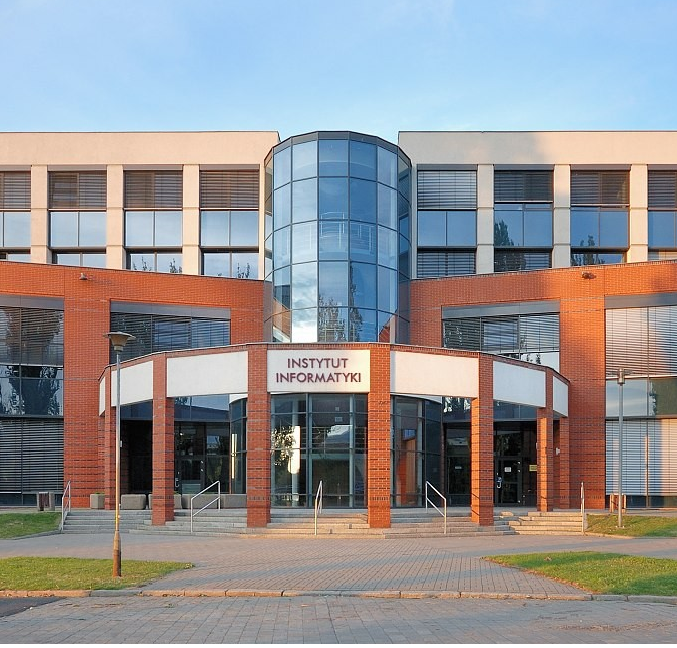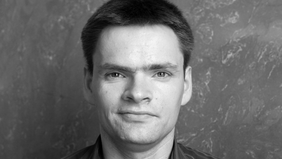DARIAH-ERIC is an international infrastructure formed in August 2014 by a decision of the European Commission (No. 2014/526/EU) whose objective includes development and support of research in all disciplines of the humanities and arts. The most important objects of the research include digital objects such as: text, image, sound, video. Their storage, conversion, distribution and archivisation by using information technologies and media are the focus of the Consortium’s attention. DARIAH-ERIC aims at developing research infrastructure in the above-mentioned area so that access to its tools is as broad as possible and free of charge, thereby not only enabling progress in the research but also increasing distribution and absorption of knowledge on the European cultural heritage by each and every person living in Europe. It is guaranteed by the most fundamental principle of DARIAH – open access. Digitalization of resources, their cataloguing and making them available allow for fundamental changes in scientific research:
- re-raising some important research issues;
- focusing on interdisciplinary research;
- better understanding of the outcome methods, thereby contributing to an increase in transparency of conducted research and its quality;
- enabling quick and free-of-charge exchange of knowledge between researchers as well as confirmation or negation or achieved outcomes.
The basic aim of DARIAH ERIC is to make long-term access easier and to enable all digital users to use research resources, in particular researches in the field of the humanities, arts and social science.
The mission of DARIAH ERIC includes intensification and support of digital research in the field of the humanities and arts. Its objective is, among others, an improvement of research opportunities and outcomes by combining dispersed digital source materials.
The infrastructure of DARIAH is to be a network of people, information, tools and methodology used in research and scientific discoveries, supporting work of digital humanists in the full spectrum of their operations.
The network of DARIAH-ERIC will allow researchers to:
- find and use research data from throughout Europe;
- exchange knowledge, expertise and research practice in all fields and disciplines;
- make sure that they follow the best applicable research standards;
- experiment and innovations in corroboration with researchers from throughout Europe.
Operation of DARIAH ERIC is based on national structures of DARIAH in member states. DARIAH ERIC is an infrastructure at the European level consisting of smaller regional and local networks. Their joint efforts reach across the continent, creating a network based on common, clearly defined principles.
The organization completes its statutory tasks by Virtual Competence Centres (VCC) – which are the so-called large areas composed of experts from different fields of study, different countries and representing different institutions. There are four areas: e-Infrastructure (responsible: Austria and Germany); Research and Education (Denmark and Ireland); Scholarly Content Management (France and Spain); Advocacy, Impact and Outreach (Germany and Italy). Further, the Consortium has started to organize Working Groups established to complete certain practical tasks. Working groups will be multidisciplinary and multinational. The main decision-making body of DARIAH(ERIC) is the General Assembly which is composed of representatives of each member; its responsibilities include, among others, budget planning and adopting a strategy for the Consortium, including each VCC. The management body is the Administrative Board composed of three members appointed by the General Assembly. It sets up and implements strategic aims of the organization, including concluding all agreements and other documents binding DARIAH(ERIC), confirms establishment and liquidation of VCC and controls their works. An important advisory body is the Scientific Board composed of not less than five and not more than ten persons who are well-respected in digital humanities.
DARIAH(ERIC) Consortium comprises fifteen founding members (Austria, Belgium, Croatia, Cyprus, Denmark, France, Greece, Netherlands, Ireland, Luxembourg, Malta, Germany, Serbia, Slovenia, Italy) and its main office is in Paris. Its other offices are in Germany and in the Netherlands. Each country makes a financial and in-kind contribution. The latter involves advanced technology scientific and research infrastructure. The sum of contributions made by all members of DARIAH(ERIC) in the first year amounted to EUR 6 148 975.00, thereby creating one of the largest scientific and research consortia in digital humanities in Europe. Besides the German Consortium, the Polish Consortium is the largest national agreement of the European network.






